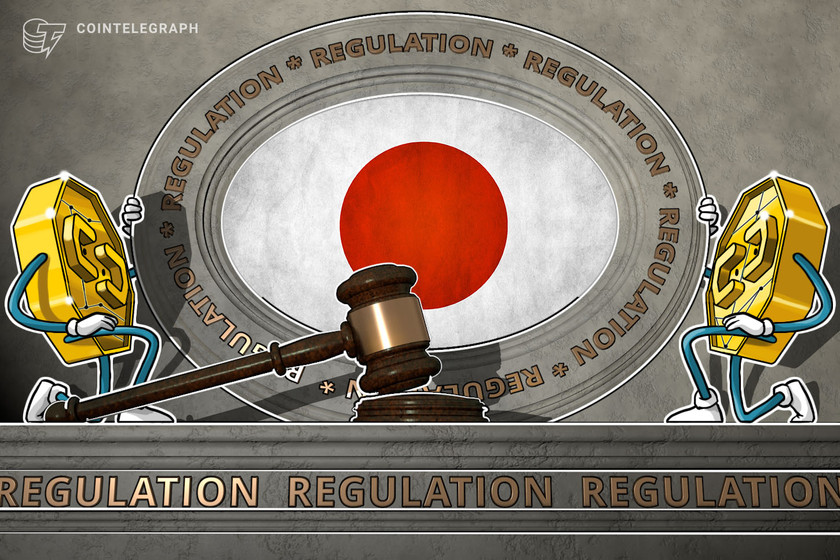Japan’s SBI looks to Saudi Aramco as it continues Middle East expansion



They have signed a memorandum of understanding on digital asset investment and semiconductor production.
Japanese financial services firm SBI Holdings and Saudi Arabian state-owned oil company Saudi Aramco are considering teaming up on digital asset investment and semiconductor production projects. The two signed a memorandum of understanding (MoU) on cooperation that includes the establishment of SBI Middle East in Riyadh as a base for operations in the region.
According to the MoU, signed Dec. 7, SBI and Saudi Aramco will consider collaborating in the field of digital assets and co-investing in their digital asset portfolios. They may identify Japanese digital asset startups that could be interested in expanding to Saudi Arabia and launch semiconductor production projects in both countries. In addition:
Saudi Aramco is the world’s second-largest corporation by revenue, after Walmart. The MoU mentioned Saudi Aramco investments aimed at complementing its supply chain. Cryptocurrency is “not recognized by legal entities” in Saudi Arabia, although the government has shown a healthy interest in Web3. SBI Holdings’ partnership with Taiwan-based Powerchip Semiconductor Manufacturing was also highlighted.


















